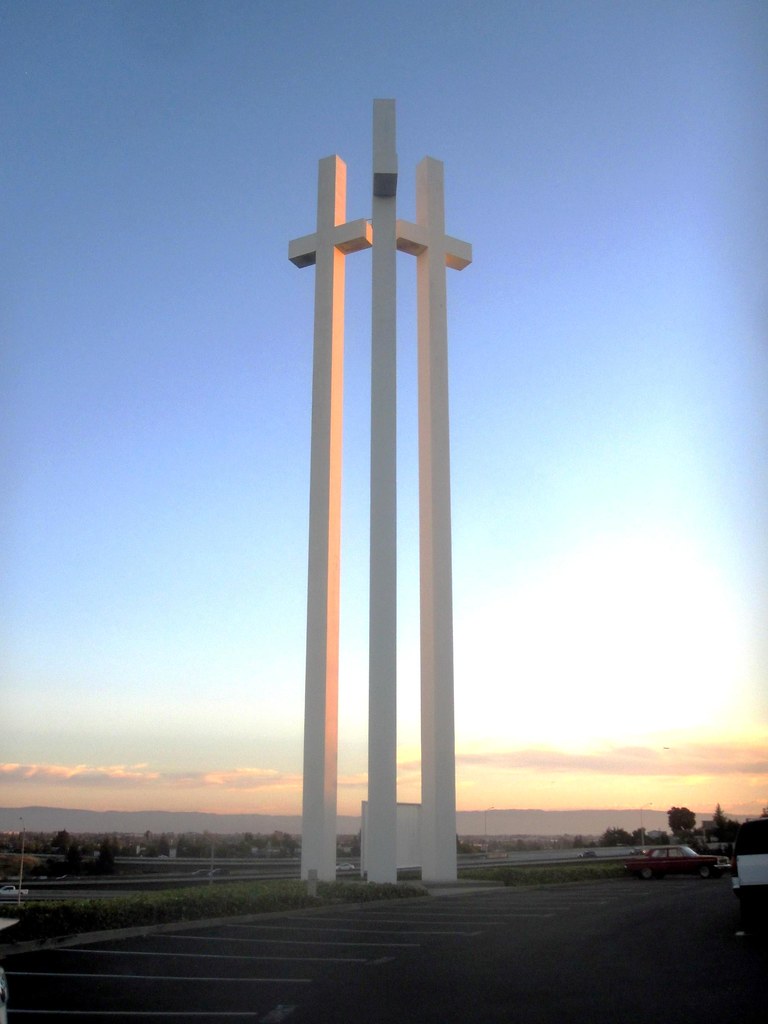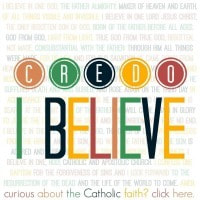|
*republished from www.catholic365.com on 4/12/2022
This week, Christians the world over will celebrate Good Friday. On the same day, beginning at sundown, the Jewish people will celebrate Passover. Most of us are familiar with the roots of the story of Passover, in which the Angel of Death “passes over” the houses of the Israelites in Egypt, thereby finally freeing them from Pharoah’s grip, enabling them to cross the Red Sea and go into the wilderness to worship God. The 10 Plagues Before the “pass over” occurs, however, there are 9 earlier plagues that descend upon Egypt. These plagues begin with an inanimate object, water which becomes blood, then move up through the insect and amphibian worlds in the form of frogs, lice and flies. The fifth plague, disease among livestock, shows the power of God over the animal kingdom, and the sixth, seventh and eight plagues move into the human world, starting with boils on the skin and the destruction of the crops in the field. The seventh plague, hail and fire, destroys the flax and barley, and the eighth plague, locusts, consumes whatever crops are left for food. These two plagues destroy the means of making clothes, elements used in ritual worship and basic sustenance. The ninth plague, darkness, shows God's power over the heavens themselves, as the mighty Egyptian sun god, Ra, is overcome. But despite all these shows of power and control over creation at every level, it is not until the 10th plague, the death of the first born when the Angel of Death “passes over” the houses of the Israelites marked by the blood of a lamb, that Pharaoh finally lets the Israelites go. The 10 Plagues were not simply random events of destruction. Each plague was designed to specifically confront one of the Egyptian gods that the Egyptians worshiped. Through the plagues, God demonstrates his power and might over the false gods, on the one hand, and shows his ability to protect and provide for those who follow him, on the other. But the point of these plagues was not just to inspire fear and dread in the Egyptians, or even in the Israelites. The plagues were to set God’s people free in two ways: first, freedom from slavery to the false gods of Egypt and the behaviors and cultic action that went with that, and secondly, freedom to worship God. Freedom to turn away from and leave the false gods and freedom to turn towards and follow the true God. This is the real journey from slavery to freedom, especially freedom from generational slavery. From the story of the Israelites, we know that just changing location doesn't result in a change of perspective, understanding, habits or heart. The mothers and fathers of the Israelites handed down the habits and behaviors of a people who had been in captivity for hundreds of years. When they were presented with freedom, they didn't know what to do with it. Once life in the desert grew scary and unpredictable, they clung to their old habits and old gods. They melted their jewelry and erected a statue of Baal, one of the gods of Egypt they were supposed to have left behind. Strange New Gods Fast forward a few thousand years and we can ask ourselves: Are we really any different? We may not intentionally be worshiping a golden calf, but in her book Strange Gods: Unmasking the Idols of Everyday Life, Elizabeth Scalia reminds us that we have been quick to erect new gods. As we approach Good Friday, it's a good idea to look at the list of the shiny, new idols she points out, and ask ourselves how much of our daily behavior and activity centers around them, instead of on the true God, whose blood will be shed for us this week. Here are a few strange new gods to consider: 1. The God of My Feelings: Do I give myself permission to act simply based on my feelings? To nurse grudges, excuse a bad temper, mock others or act uncharitably? 2. The God of Prosperity: Do I seek more and more things, and crowd out simplicity and gratitude? Is my personal self-worth wrapped around my status symbols? 3. The God of My Plans: Do I insist that “I will be Served” and others do what I want, regardless of the harm it may cause, instead of submitting to God's Plan for Me, i.e. “I will Serve”? 4. The God of I : Am I convinced that I am God? That my wants, needs, aspirations, intellect and everything else is higher, better and more important than those of other people, even than God himself? Do I secretly look down on others because I think that I know best? 5. The God of Technology: Does technology interfere and interrupt the growth and development of normal relationships and conversations? Has it taken the place of what is real, such as nature and the people around me? 6. The God of the Idea: Is there a particular ideology that I cling to “no matter what?” That I refuse to reexamine, especially in the light of faith? Jesus, the Lamb of God who takes away the sin of the world through his self-sacrificing offering on Good Friday, tells us “I am the way, and the truth, and the life; no one comes to the Father except through Me.” (John 14:6) As we journey with Jesus through his crucifixion, death and burial this week, let’s try to be as unencumbered as possible, shedding the old habits and sinful thoughts that we are called to leave behind, so that we are truly free to rise to new life on Easter Sunday.
0 Comments
Leave a Reply. |
The BlogDisclaimer:
The images on this website are either my own or are used under the Creative Commons license. No images have been edited, shared, or adapted. A link to each work that I do not own is provided at the bottom of the page. CC License: Archives
March 2024
Categories
All
|




 RSS Feed
RSS Feed
